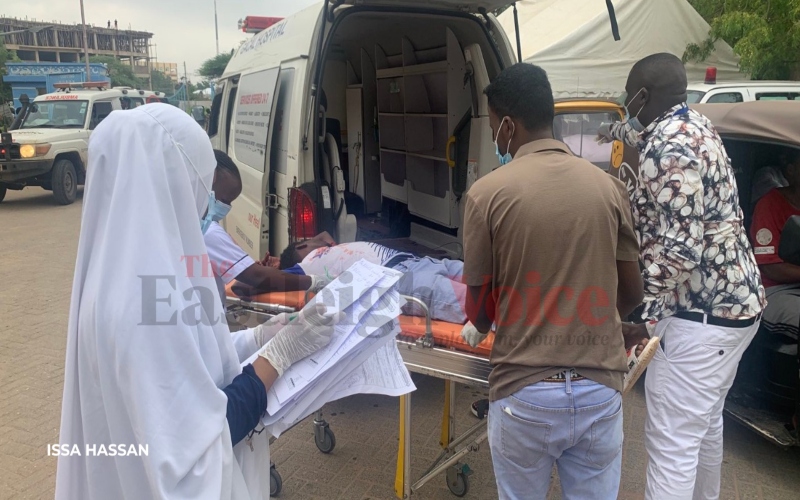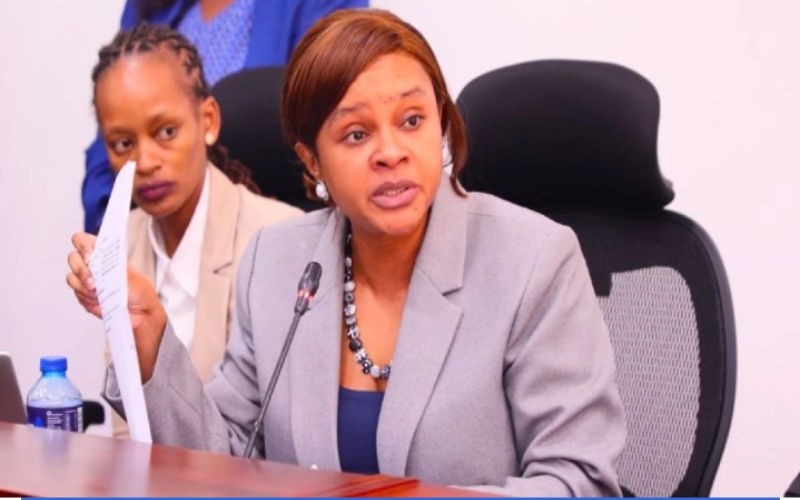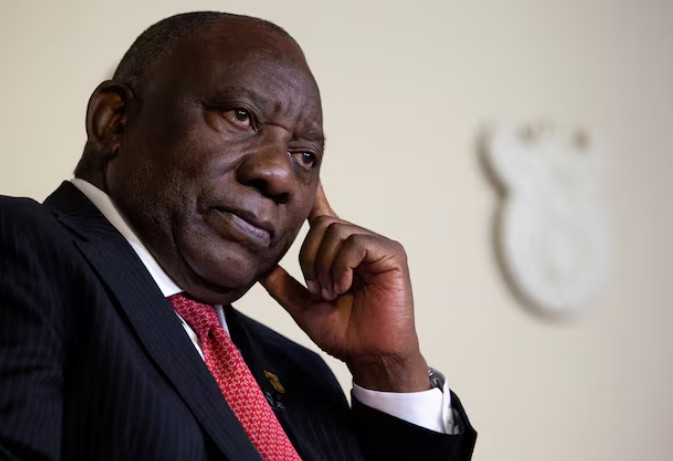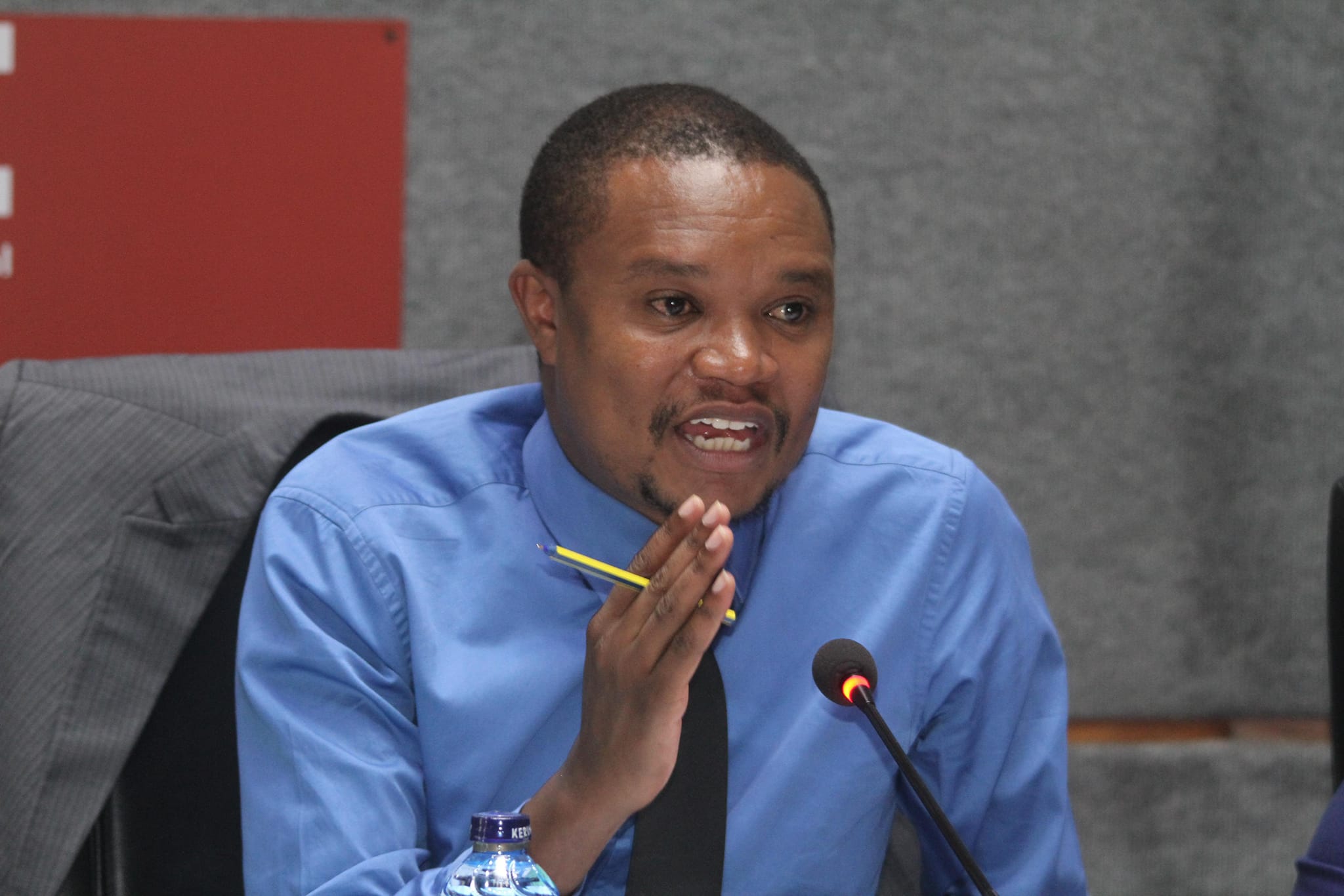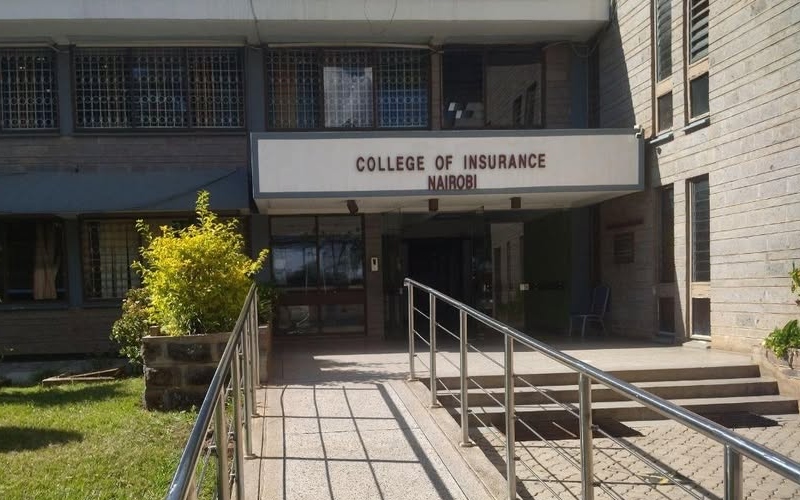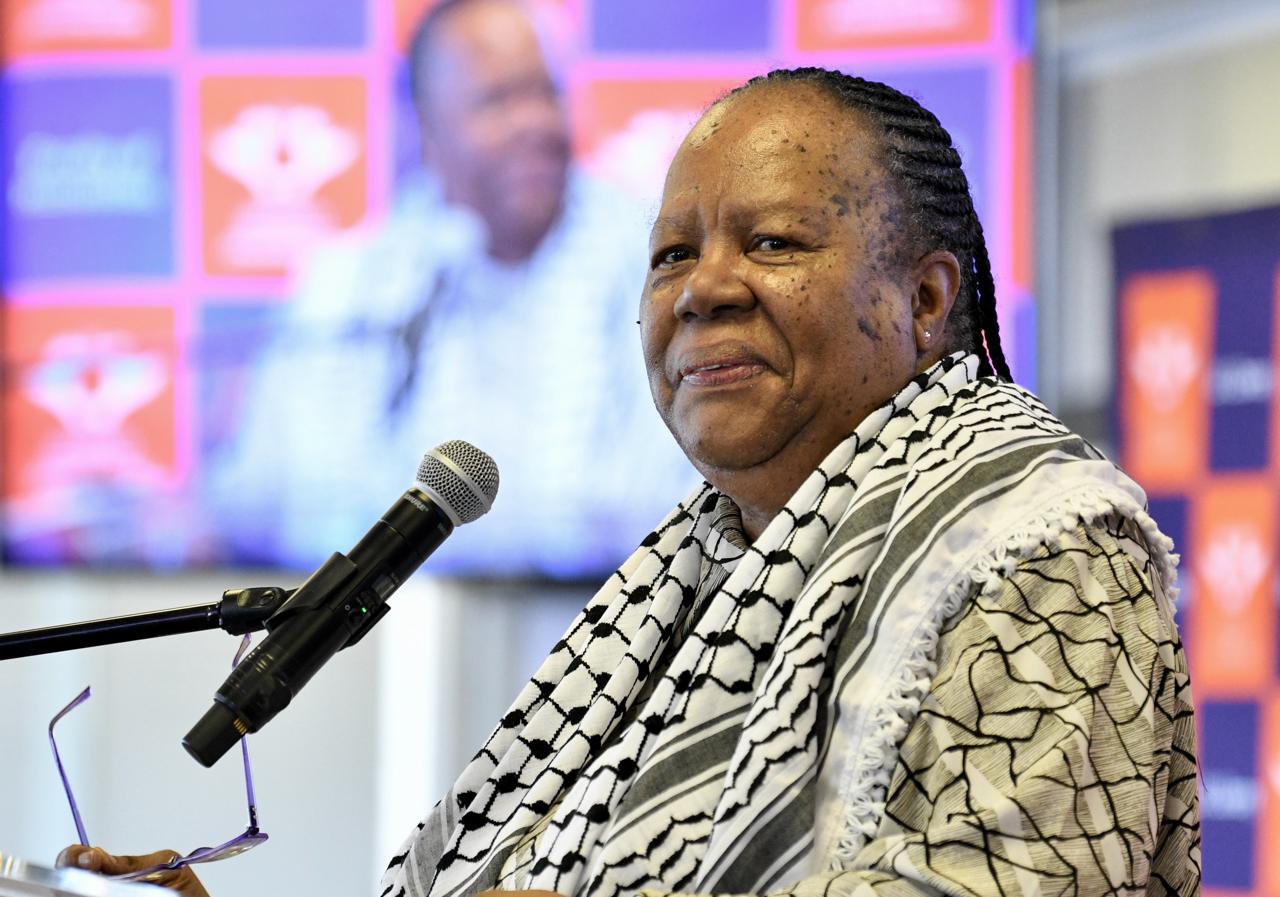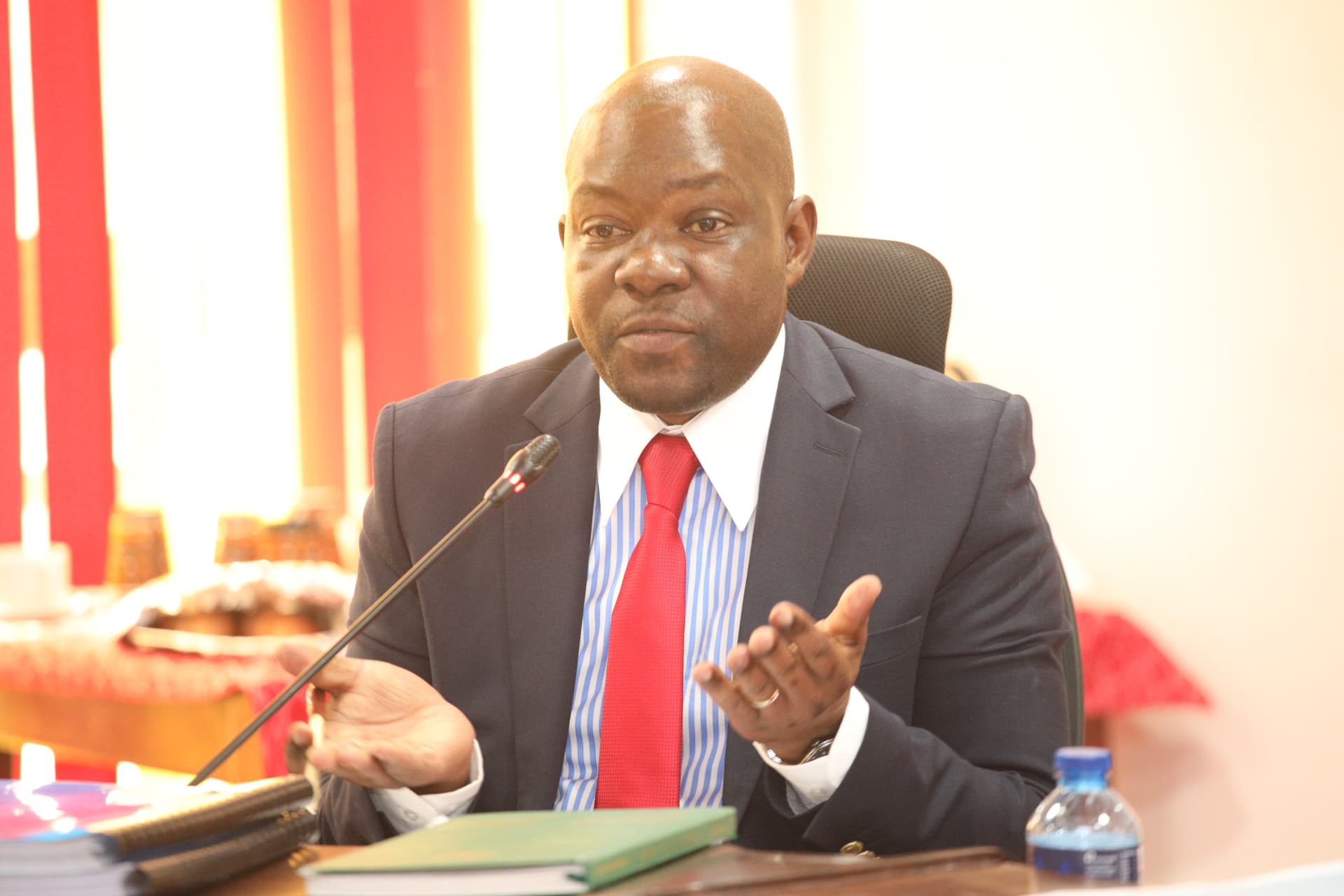Somali leaders make peace push with future council launch in Nairobi
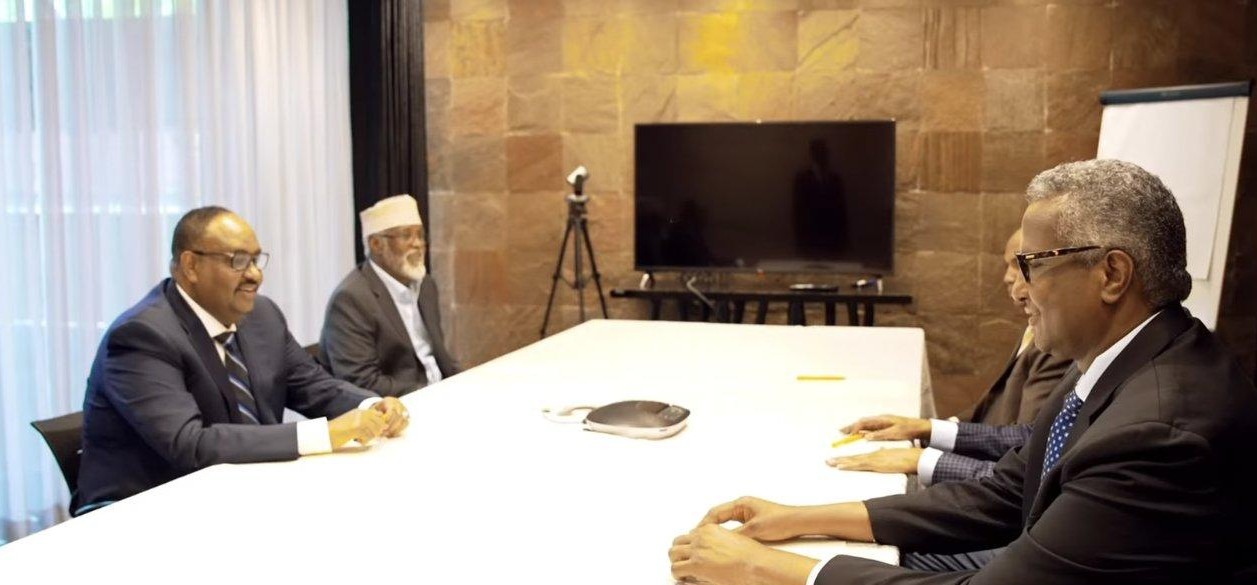
The leaders said the Somali Future Council was designed to advance those goals and provide a framework for addressing differences through discussion rather than confrontation.
Somali opposition leaders, regional presidents, and former prime ministers met in Nairobi on Thursday and announced the formation of a new political body, the Somali Future Council. The meeting, which brought together senior figures from across Somalia, focused on the country’s political transition, security concerns, and the need to foster unity among Somali stakeholders.
The gathering was attended by Jubaland President Ahmed Mohamed Islam, Puntland President Said Abdullahi Deni, former Prime Ministers Hassan Ali Khayre and Saacid Shirdoon, and Member of Parliament Abdirahman Abdishakur. Leaders of the Somali Salvation Forum—a coalition of opposition figures critical of the Federal Government—also took part.
More To Read
In a joint resolution, participants declared the establishment of the Somali Future Council, bringing together the administrations of Jubaland and Puntland with the Somali Salvation Forum. They agreed the Council would coordinate their positions on national issues and draft proposals on managing Somalia’s ongoing political transition.
The leaders further resolved to convene a follow-up conference inside Somalia as soon as possible to finalise the Council’s structure and define its mandate. Future discussions will cover the country’s governance system, relations between the federal government and member states, and preparations for upcoming elections.
Speaking after the meeting, Jubaland President Ahmed Mohamed Islam said the Council marked an important step toward cooperation.
Platform for dialogue
“We have agreed that the Somali Future Council will be a platform for dialogue and consultation,” he said. “Our people need political stability, and that requires cooperation among leaders.”
Puntland President Said Abdullahi Deni emphasised that the initiative was not directed against any single institution but aimed at reinforcing Somalia’s political stability.
“The Somali Future Council is about the future of our country,” he said. “It is about how we can create a system that serves the Somali people and ensures that their voices are heard.”
Former Prime Minister Hassan Ali Khayre underscored the importance of holding an inclusive political dialogue inside Somalia.
“Somalis must be the ones to decide their own political future,” he said. “The Council will prepare the ground, but the discussions that will shape our transition must take place on Somali soil and include a wide range of voices.”
The leaders also urged Somalis at home and in the diaspora to support reconciliation and unity efforts, stressing that the Somali Future Council would work to prevent divisions and counter threats to national cohesion.
In their statement, they thanked the Government of Kenya for hosting the meeting and for its continued role in promoting regional stability, noting that Kenya’s support enabled Somali leaders to hold frank discussions on sensitive issues in Nairobi.
The Nairobi talks came as President Hassan Sheikh Mohamud prepared to travel to Kismayo for discussions with Jubaland leader Ahmed Madobe. Those talks are expected to address the political deadlock between the federal government and some federal member states, as well as preparations for the next elections.
Concluding the meeting, the leaders stressed that Somalia urgently needs political dialogue and compromise. They said the Somali Future Council was designed to advance those goals and provide a framework for addressing differences through discussion rather than confrontation.
Top Stories Today
